Mainstream Media and Its Obsession with Gaslighting
Don’t Dilute the True Meanings of Psychological Terms
February 28, 2023
Kids often say, “Stop gaslighting me!”, jokingly accusing their friends of a serious violation. This common jest among Korean teens recently became a popular expression. The phrase comes from mainstream media, such as cable TV news channels, Instagram, and YouTube, which crudely tosses around what should be a psychologically significant term.
Gaslighting denotes the situation where an individual or a group of people manipulate someone into losing a sense of their objective reality, subsequently resulting in a blurred truth for the gaslit victim. Although people started using the word about a century ago, it only became a trend lately.
The word comes from the title of the 1938 play, Gas Light, a film about a marriage based on deception. So why now, more than 80 years later, did the usage of this term spike? The answer is technology. Teenagers cling to phones, computers, and tablets 24/7, and suddenly, the topic of gaslighting started to appear everywhere. And not only did people begin to throw around the word often, they saw more representation of it, as well.
As one example, a recent documentary produced by Netflix, Cyber Hell: Exposing an Internet Horror, played a crucial role in familiarizing the concept to the Korean public.
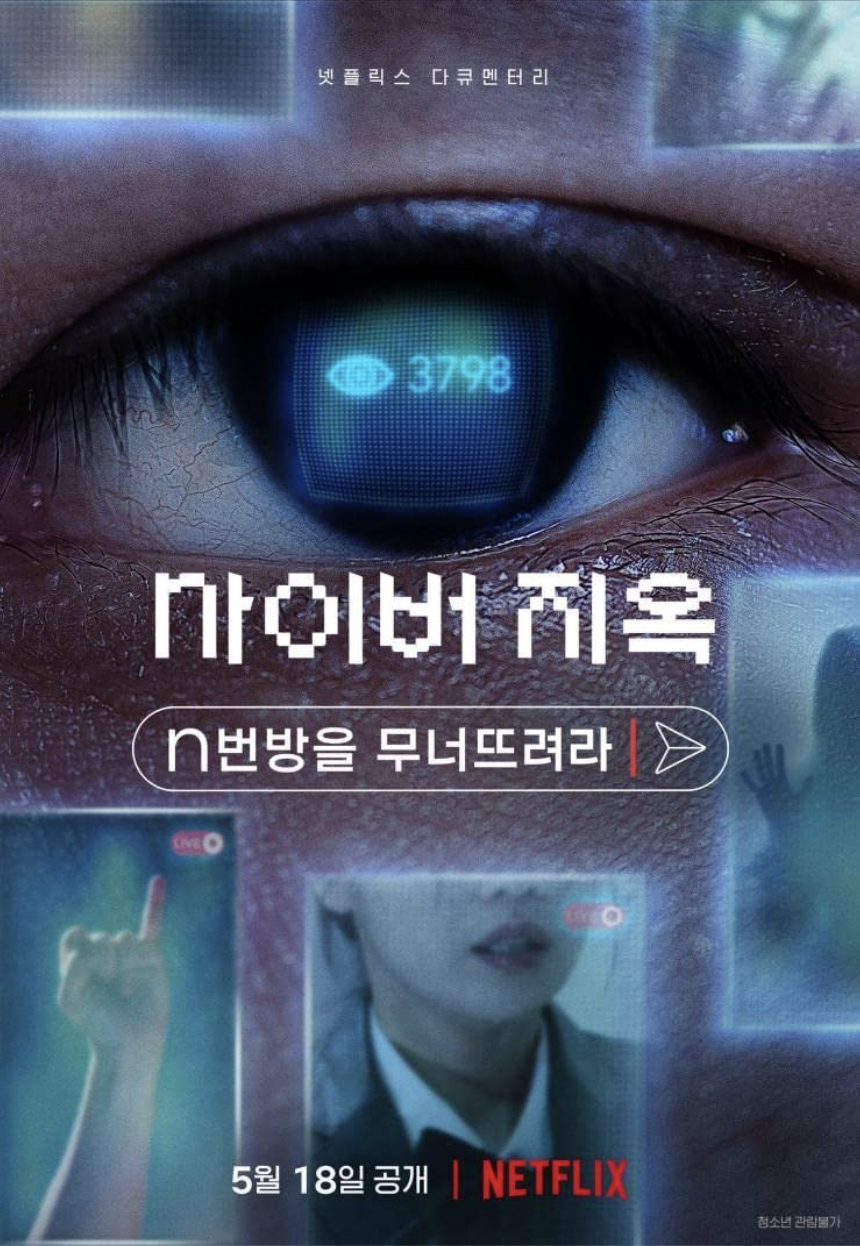
Aside from the media representations, more individuals noticed other forms of gaslighting in their daily lives, such as dating abuse. Violence in relationships includes more than physical attacks. Verbal and psychological threats can easily destroy someone’s life, as how the film Gas Light elucidates. Ever since the popularization of the concept, incidents where people accuse their lover’s behavior as “gaslighting” increased, whether or not these accusations may be true.
Following this trend, adolescents started to use this term to joke around with their friends, and soon, it became a buzzword plastered across countless social media posts, even reaching our school community. Despite the public’s attitude, however, gaslighting should not be treated as a lighthearted topic, as its effect can take a serious toll on people’s mental health. Professionals categorize gaslighting as a psychological crime, and many cases prove that its victims suffer severely and pervasively.
Colin in 10th grade commented, “I think students are using the term gaslighting a bit too lightly because it is supposed to mean really severe mental manipulation by somebody, but when someone tries to persuade someone else into doing something that they don’t feel like doing, they just call it gaslighting.”
In addition to avoiding the supposedly humorous usage of the word, students should also be aware of what actual gaslighting looks like. Thankfully, Ms. McNevin pointed out some of its key indicators. “…love-bombing (an act of demonstrating overwhelming affection towards someone in order to manipulate them) and then making you feel bad about it, confusion overall but mainly about yourself, isolating you from other relationships… changing your environment physically, for instance, something seems lost and then it reappears and that person might say, ‘that’s been there the whole time.’ [are some of the indicators of gaslighting.]”
In general, if someone makes you question your entire reality or undermines your feelings to get what they want, there might be a chance that you are under the influence of gaslighting, intentional or not. If these indicators apply to your situation or if you feel confused about whether your relationship with someone else is healthy or not, reach out to a trusted adult.
On the other hand, refrain from throwing around the term too lightly. With actual destructive consequences happening out in the world, undermining the word by overusing it can devalue the experience of actual victims, and further hinder individuals from talking about their issues and asking for help.
Ms. McNevin added, “Even if you don’t identify a situation as gaslighting but you still feel uncomfortable, again, reach out for help from an adult to figure out your next steps and remember that your school counselor is always here to talk about these types of topics in a confidential space!”
Of course, the buzz that gaslighting causes in the media will not die down instantly, but the next time you find yourself tempted to joke about the topic, think twice! And this is not only the case for gaslighting. Be wary of what you see and hear on social media, as some lighthearted jokes may be hiding a darker meaning underneath their surface.

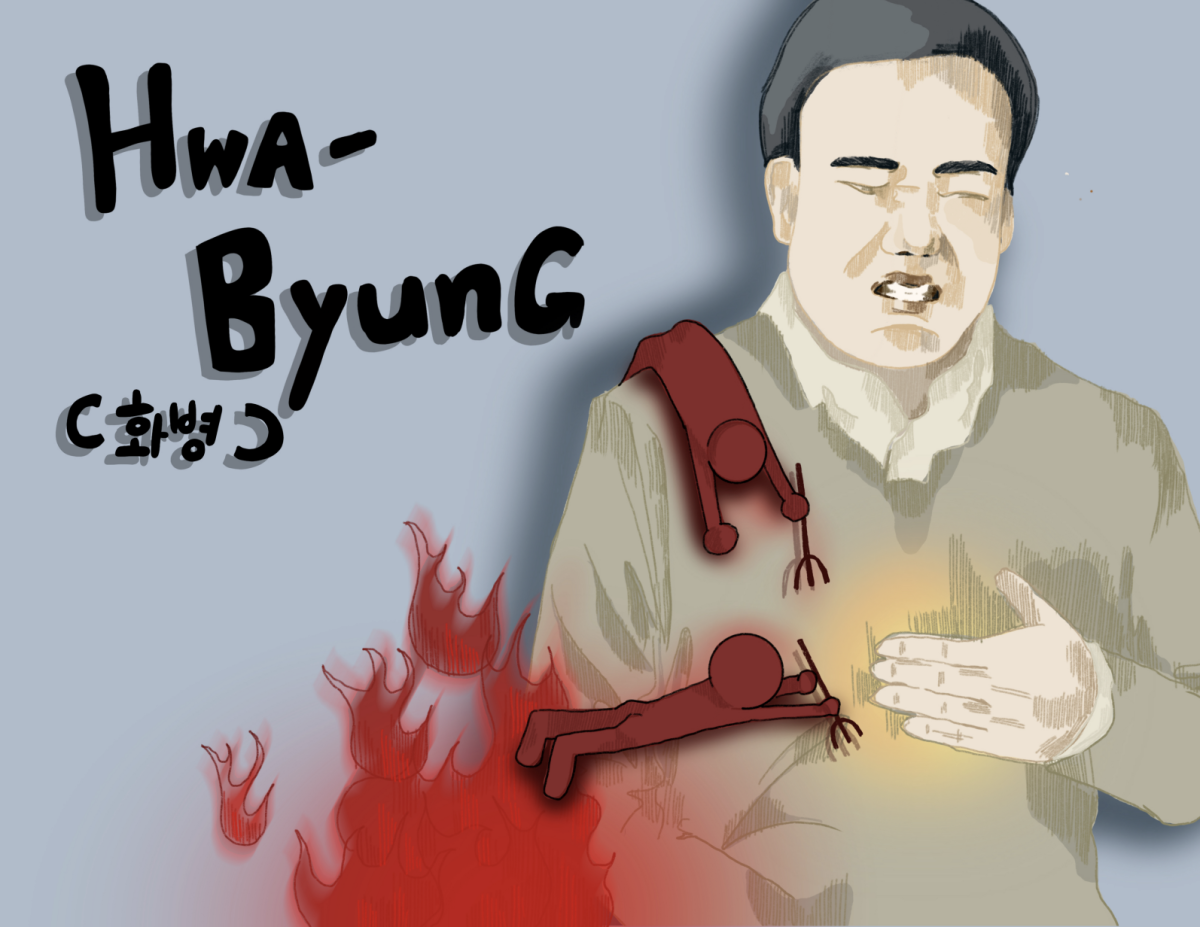
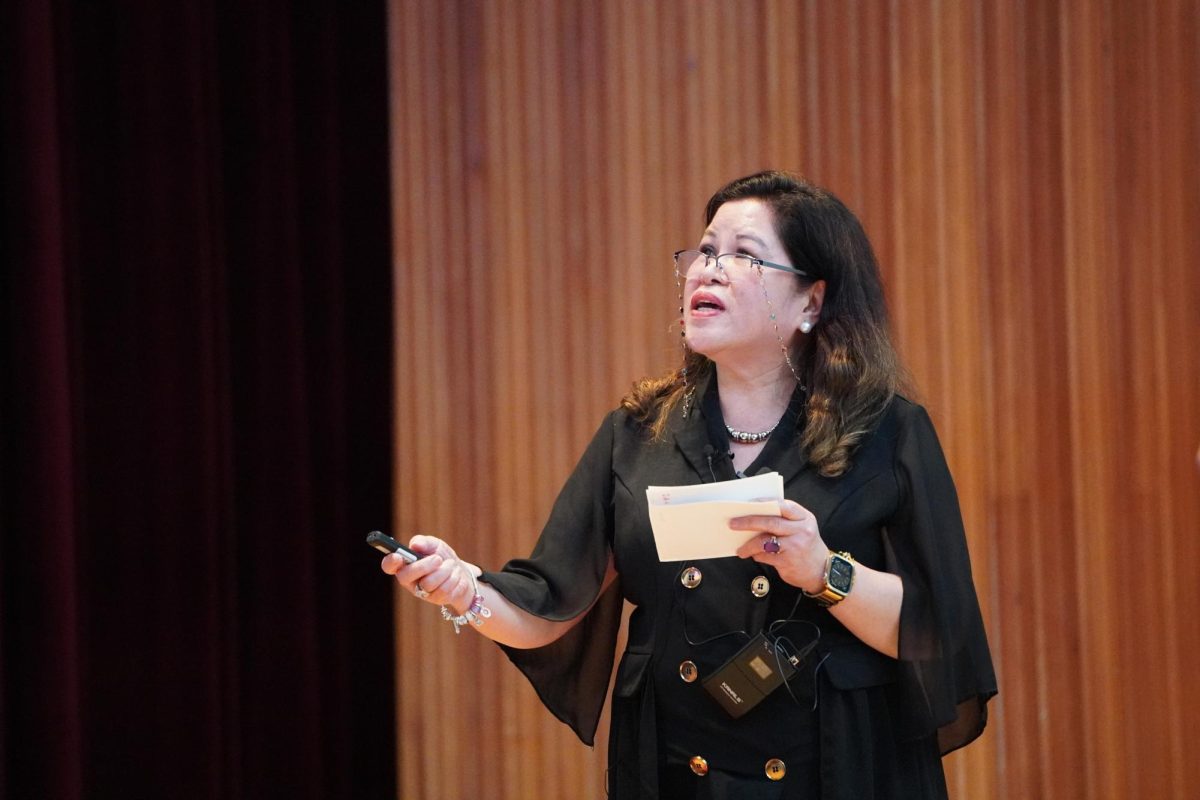

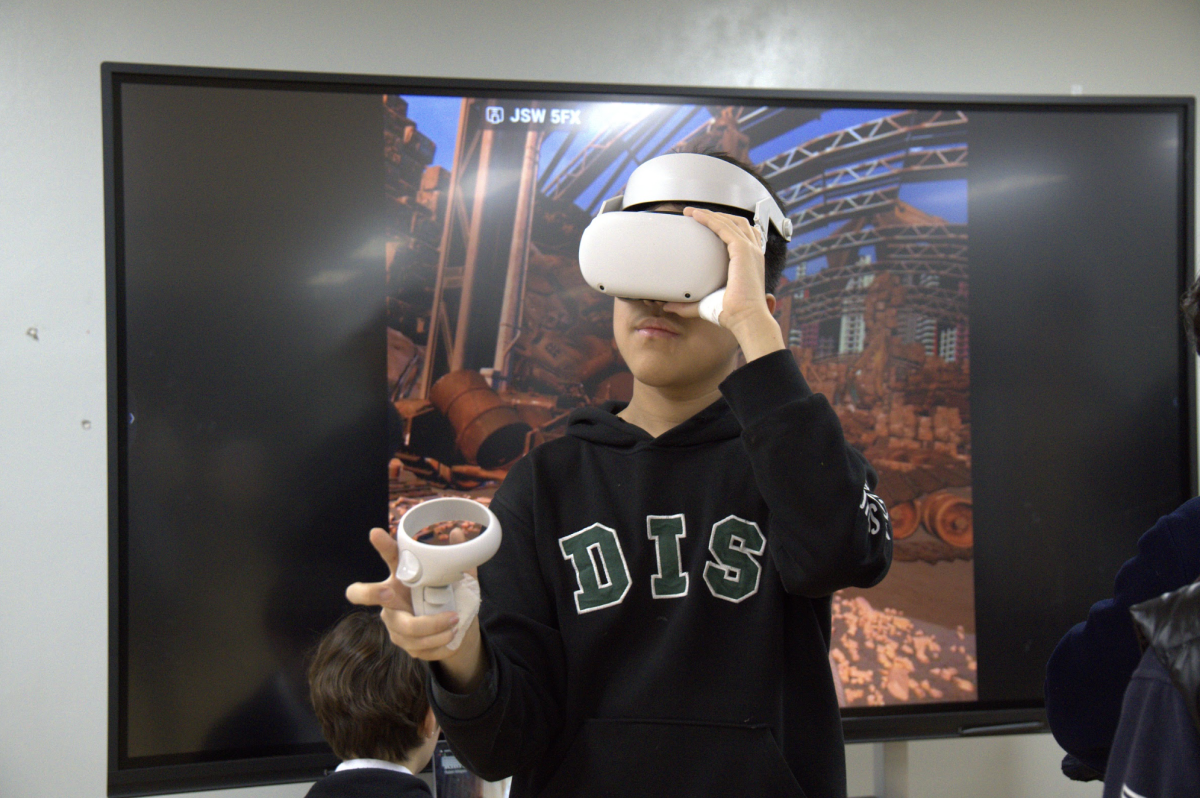


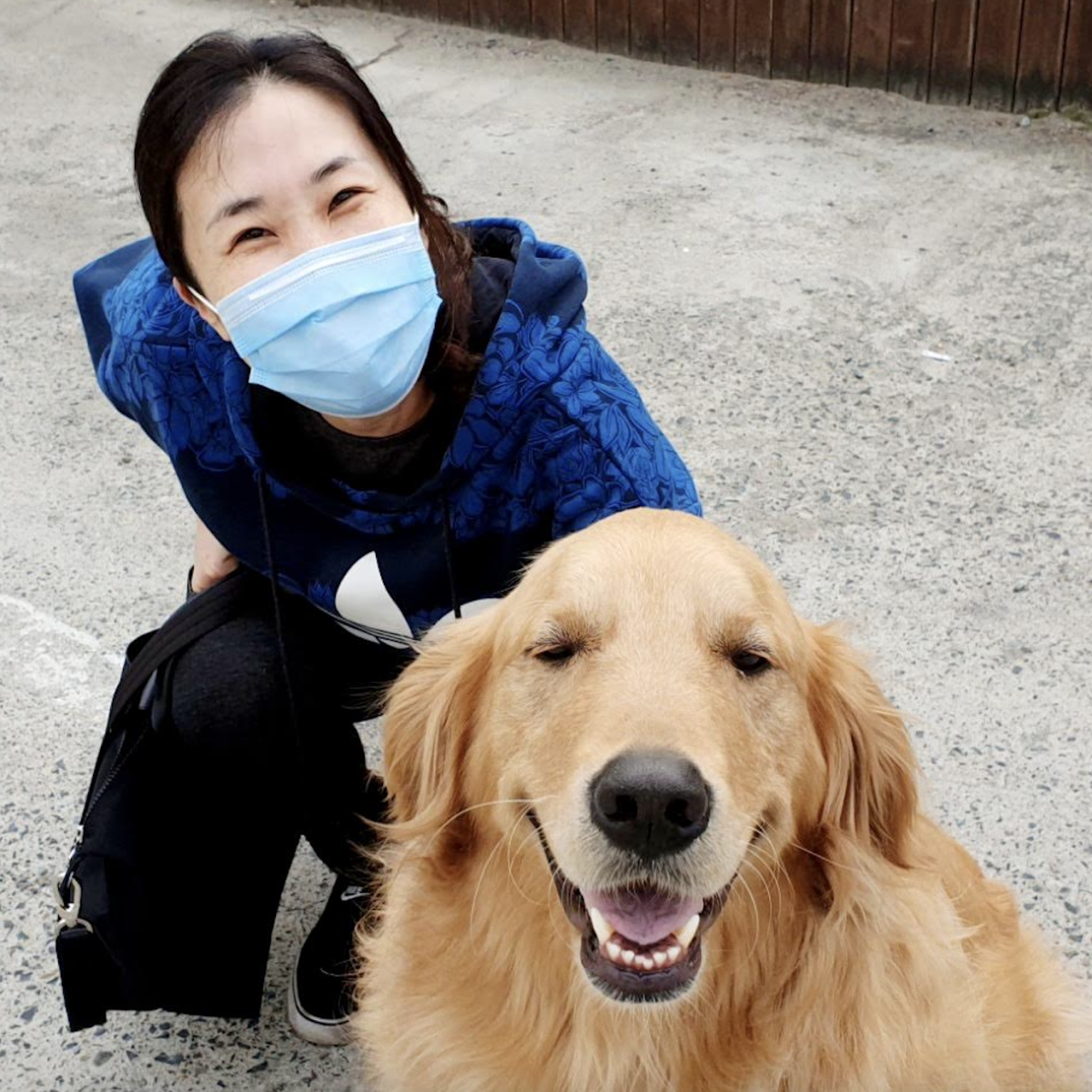
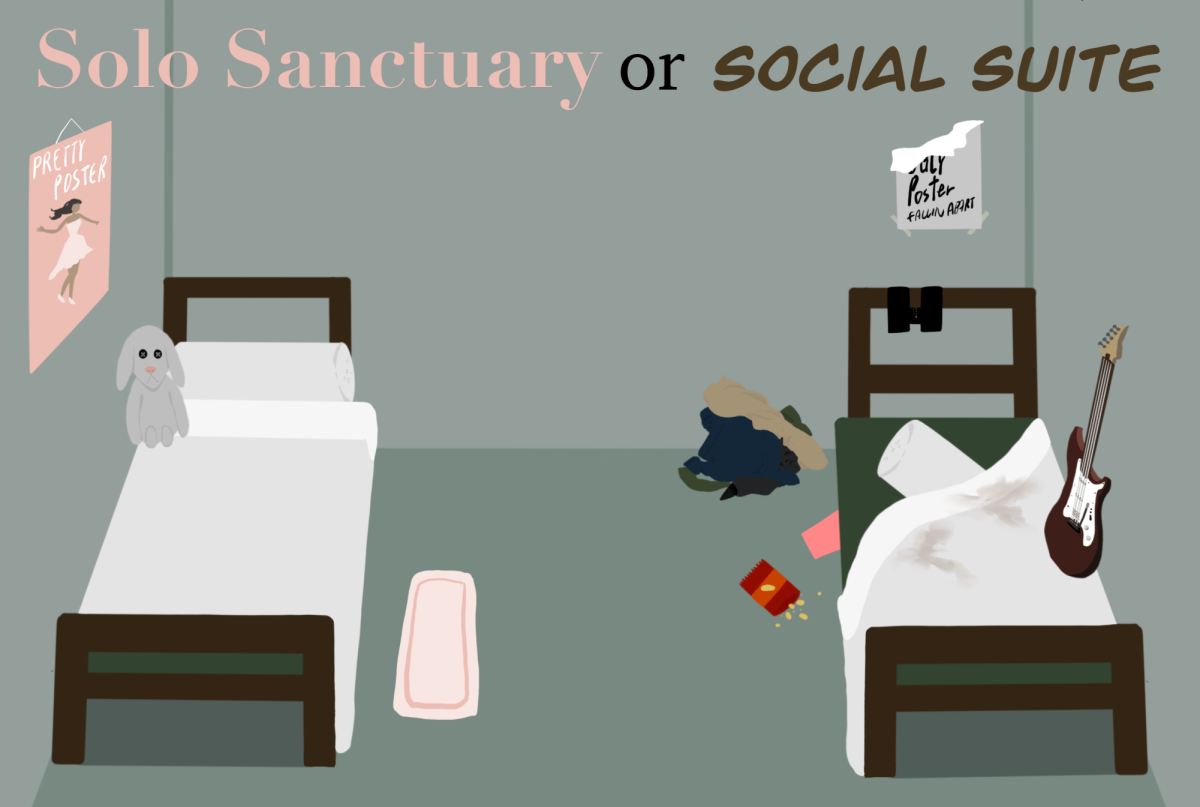




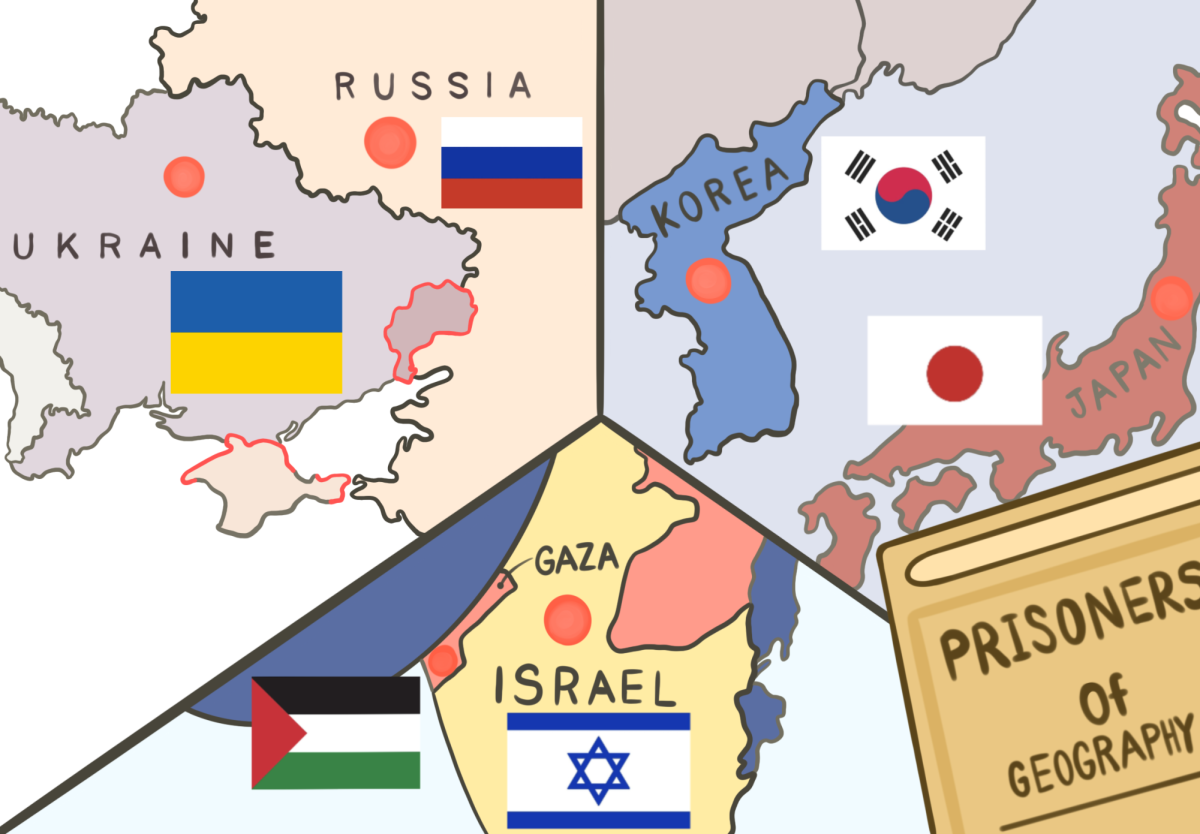

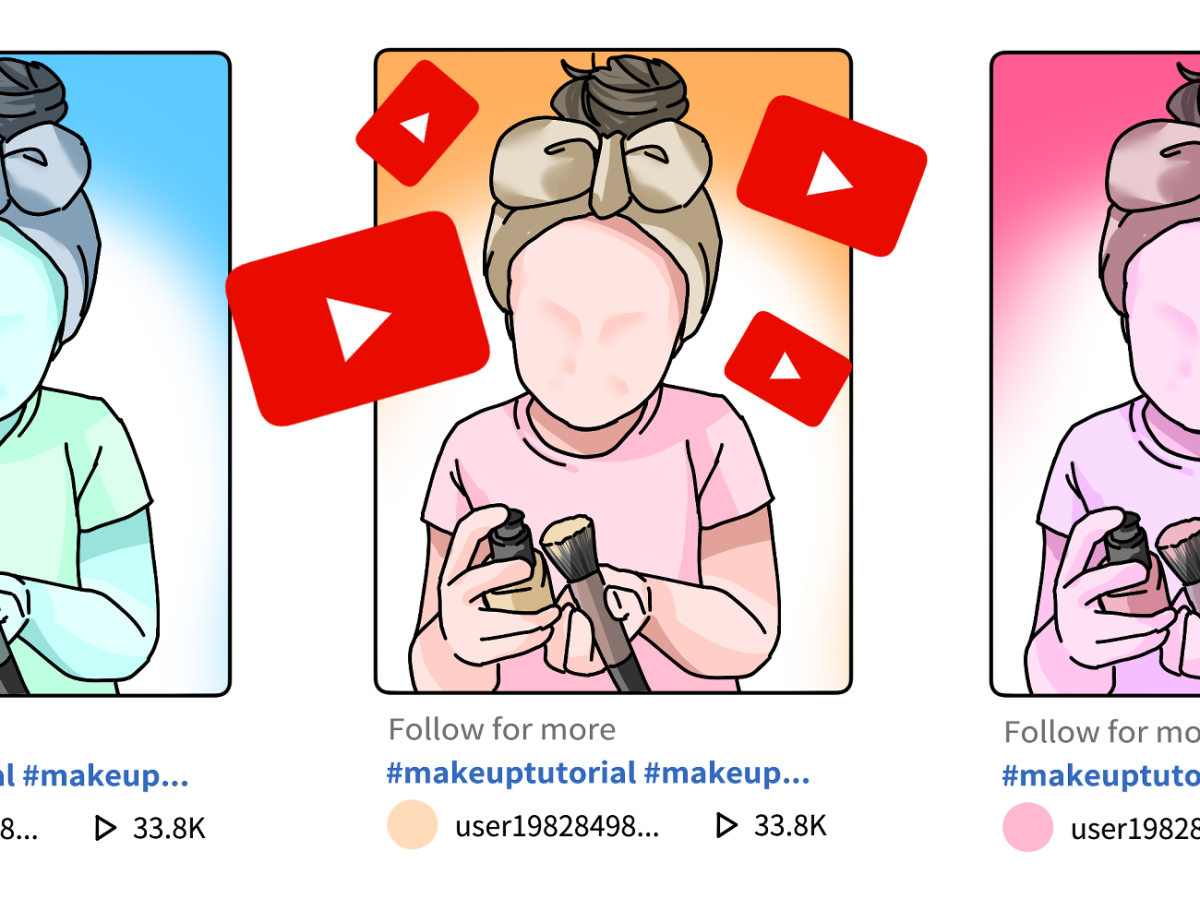



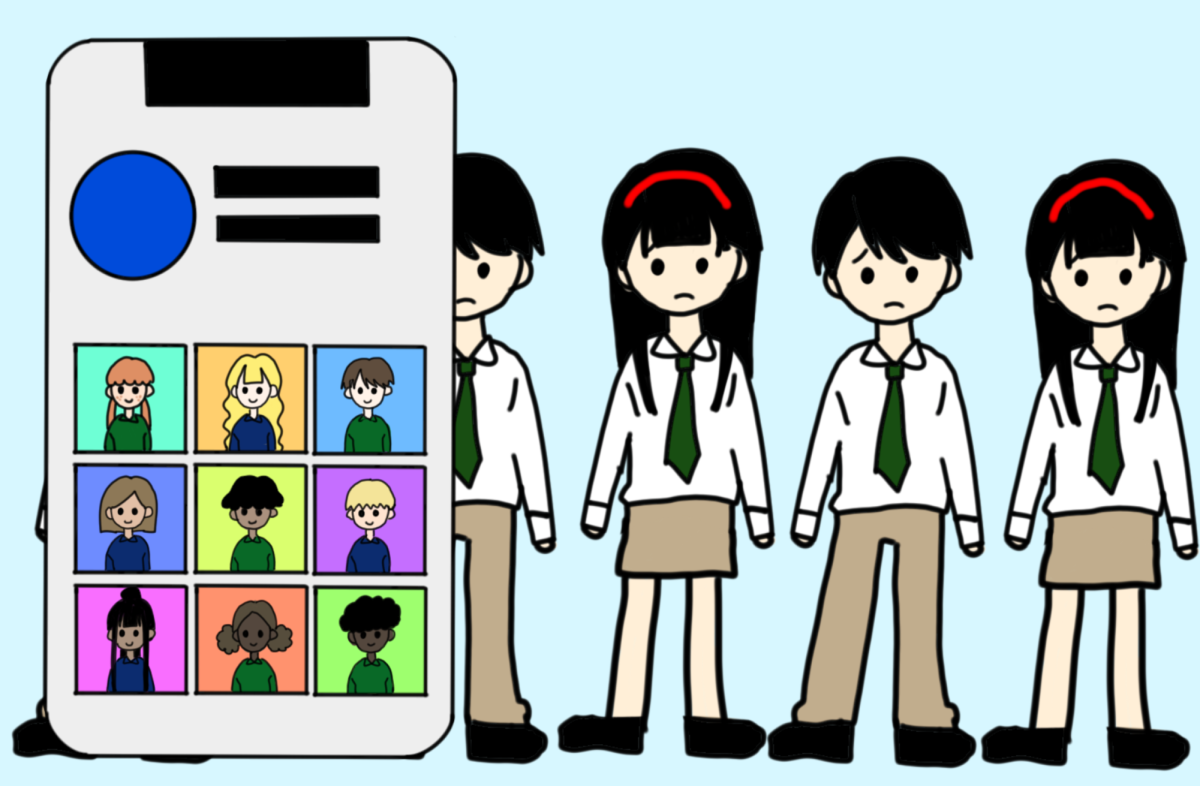



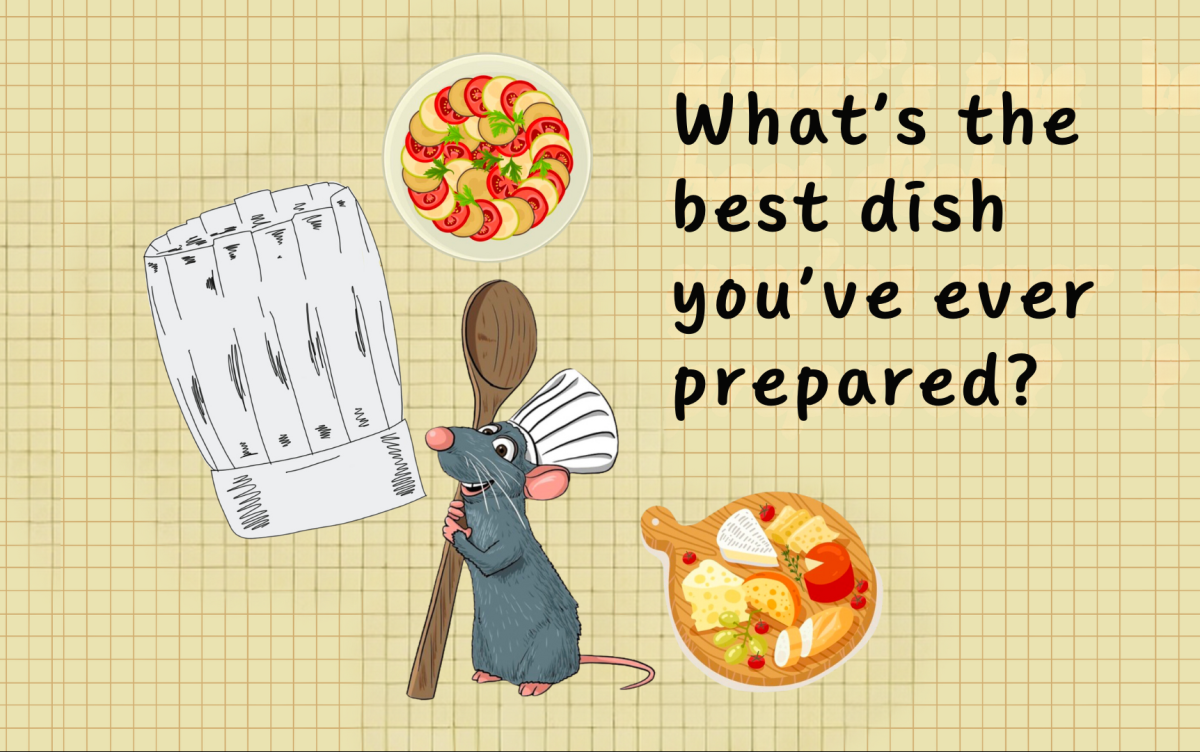
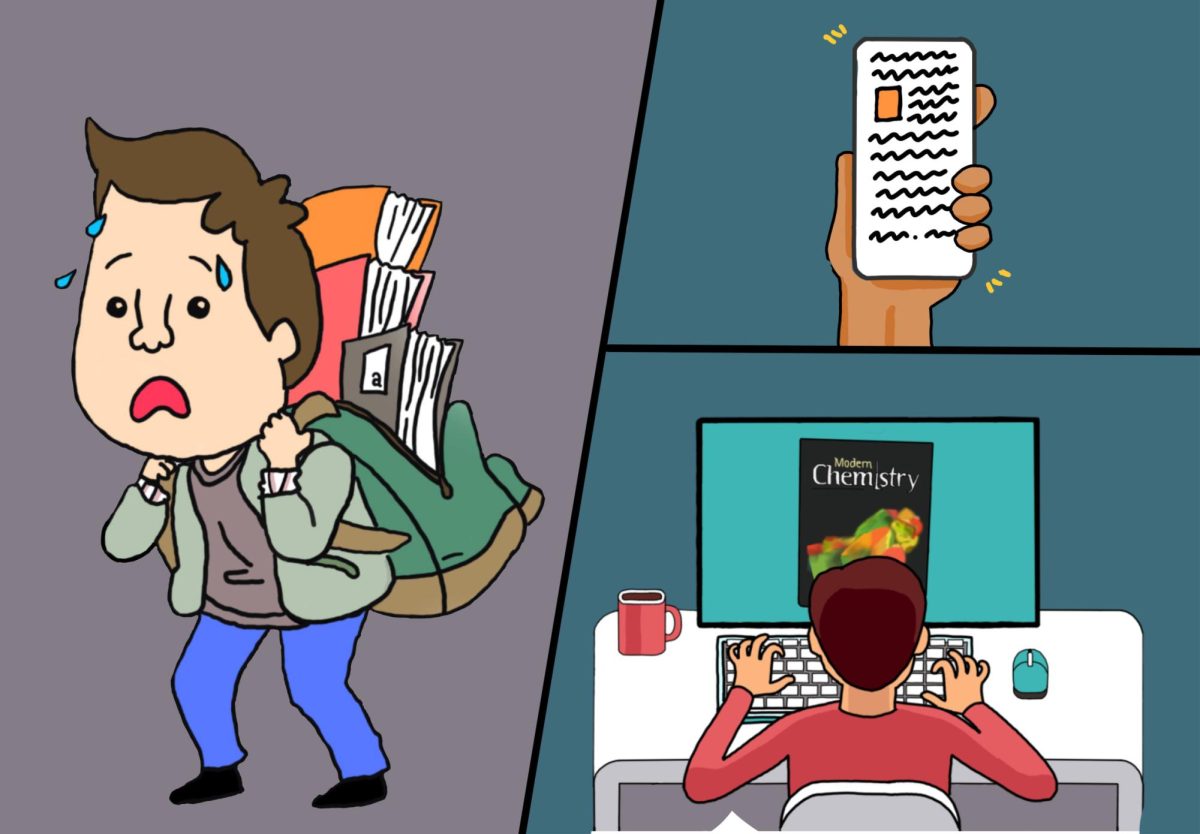






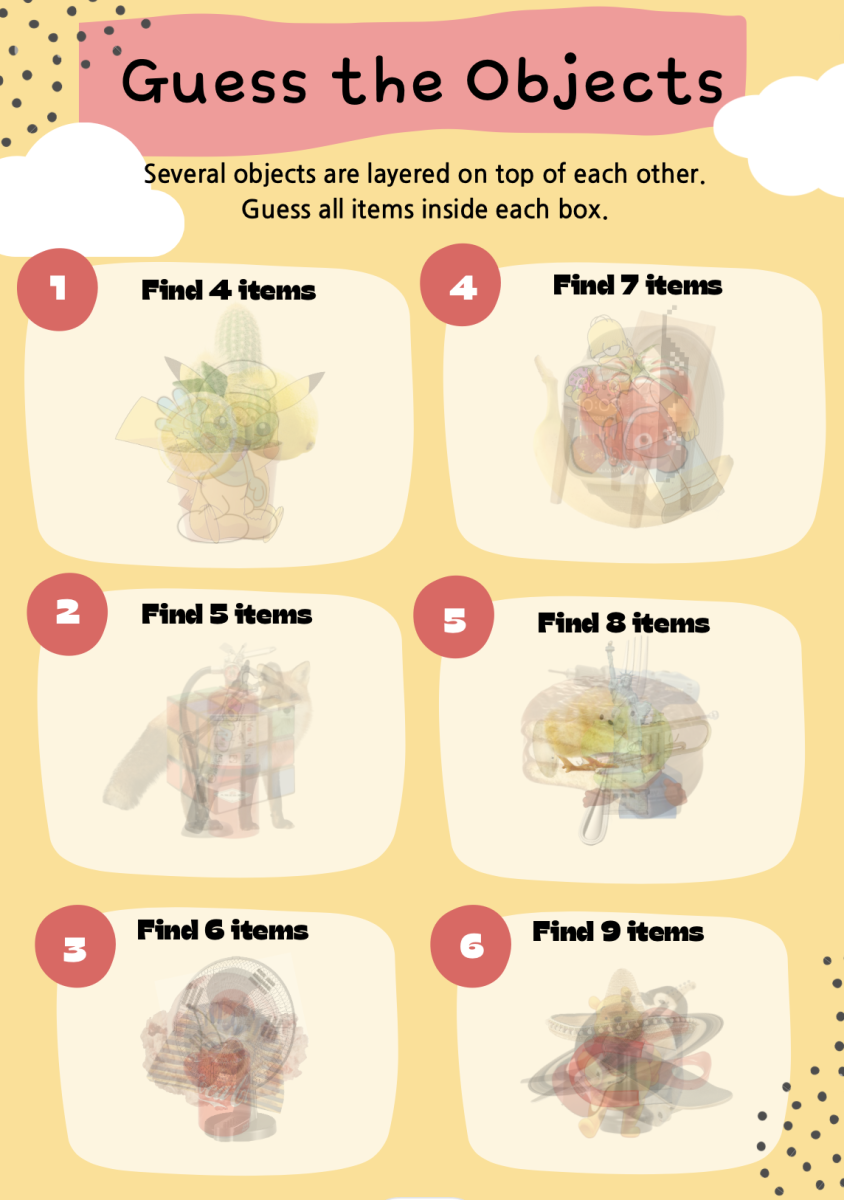


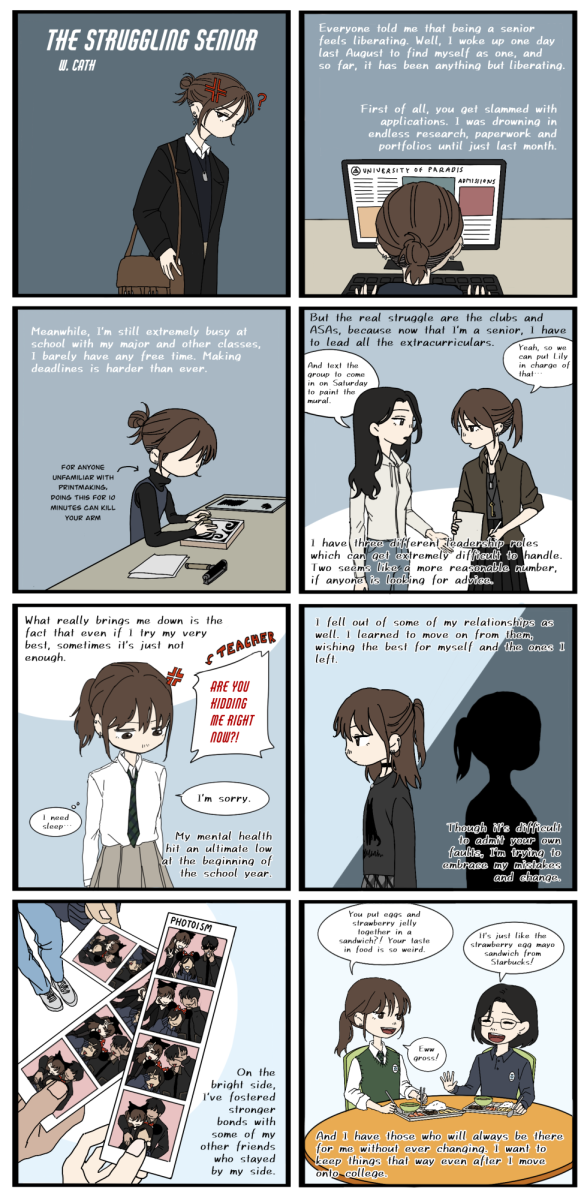

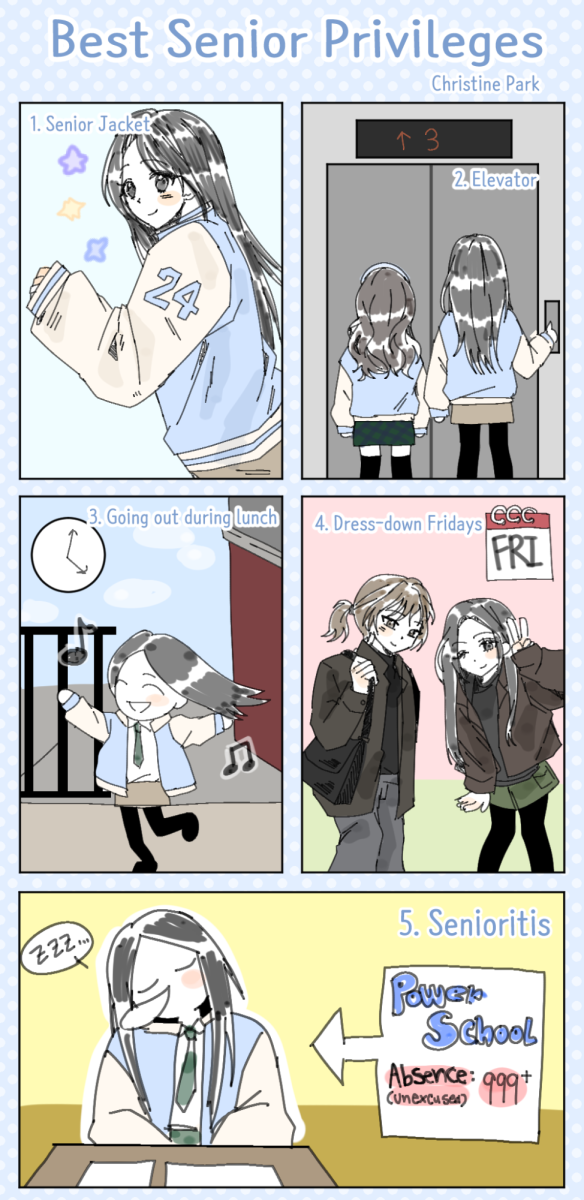
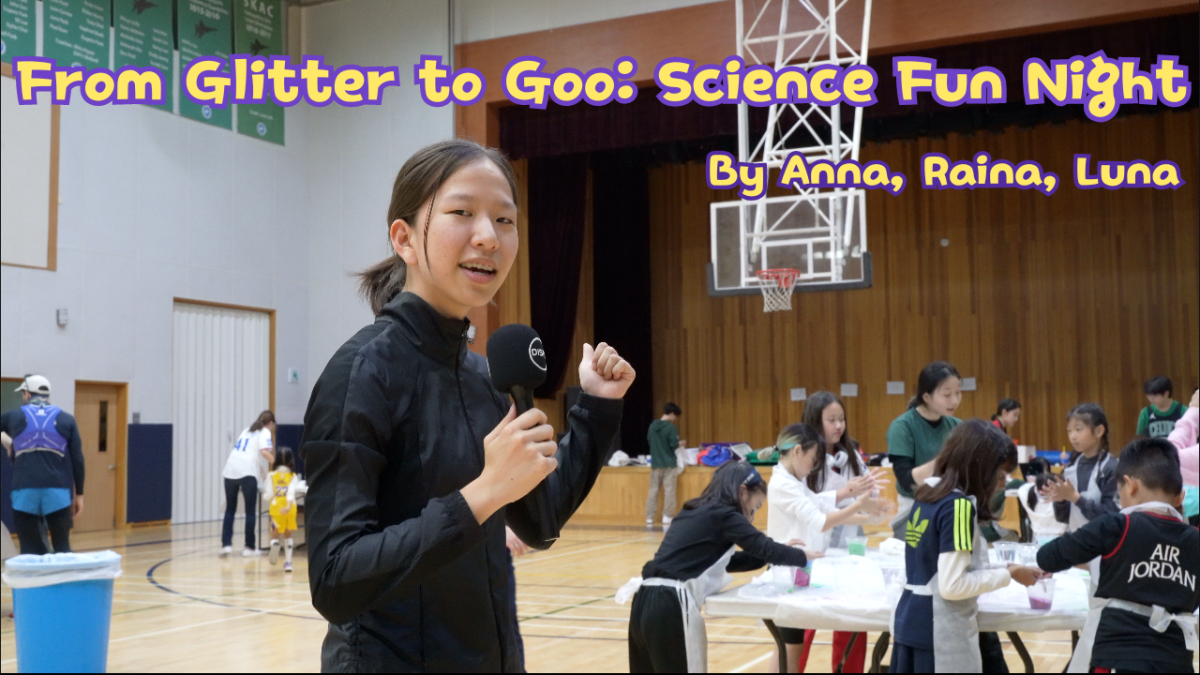





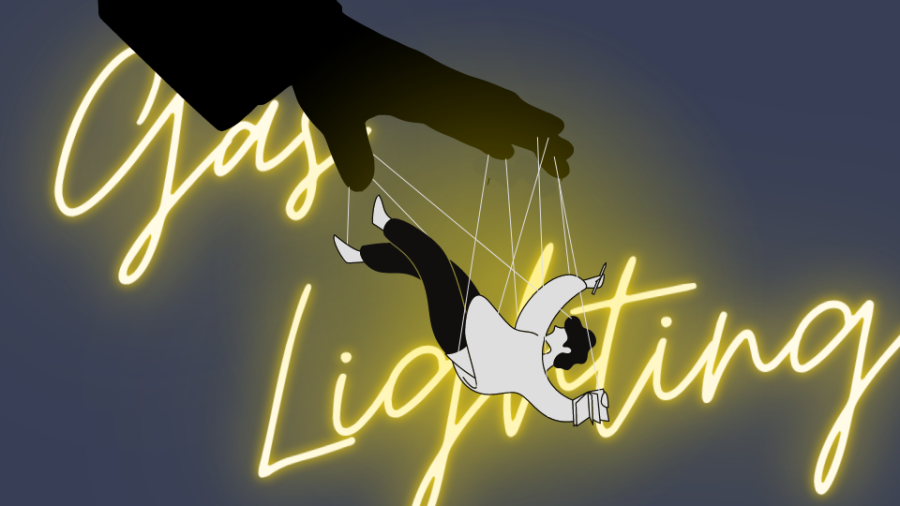






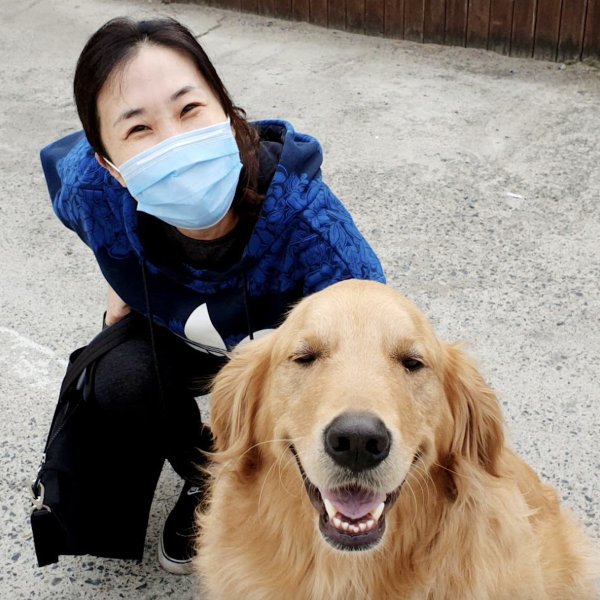
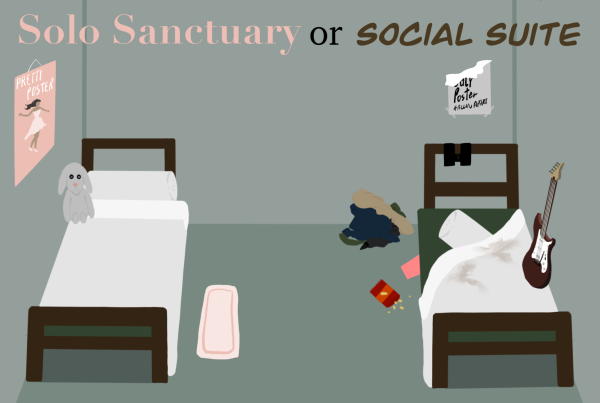





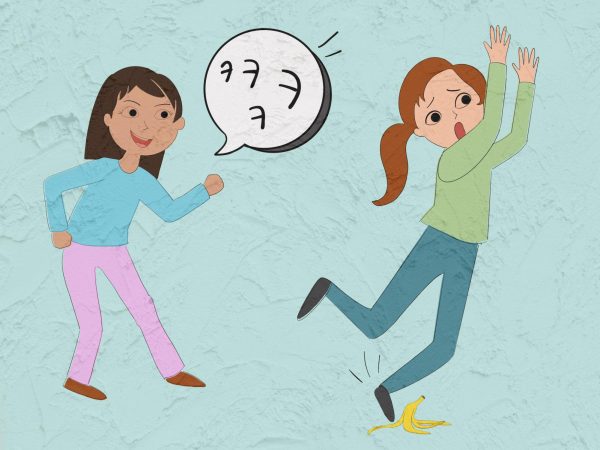

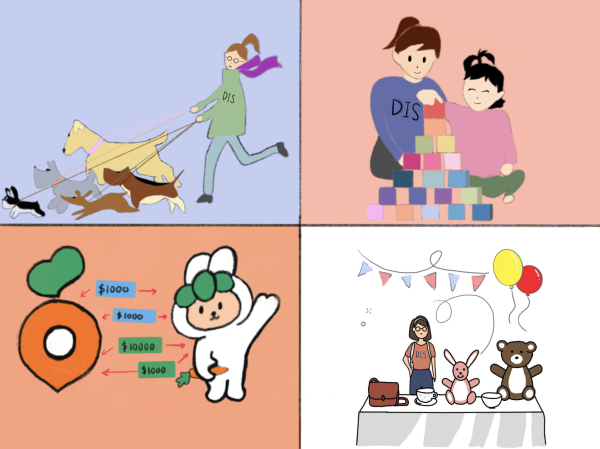




Phillip • Mar 2, 2023 at 6:30 pm
I always thought that gaslighting was a informal expression about how someone is trying to persuade you (obviously), but after hearing about the n번방 crime and reading this article, I found out that gaslighting is actually a serious topic and affects people secretively, and can actually be fatal to the mental health of other people.